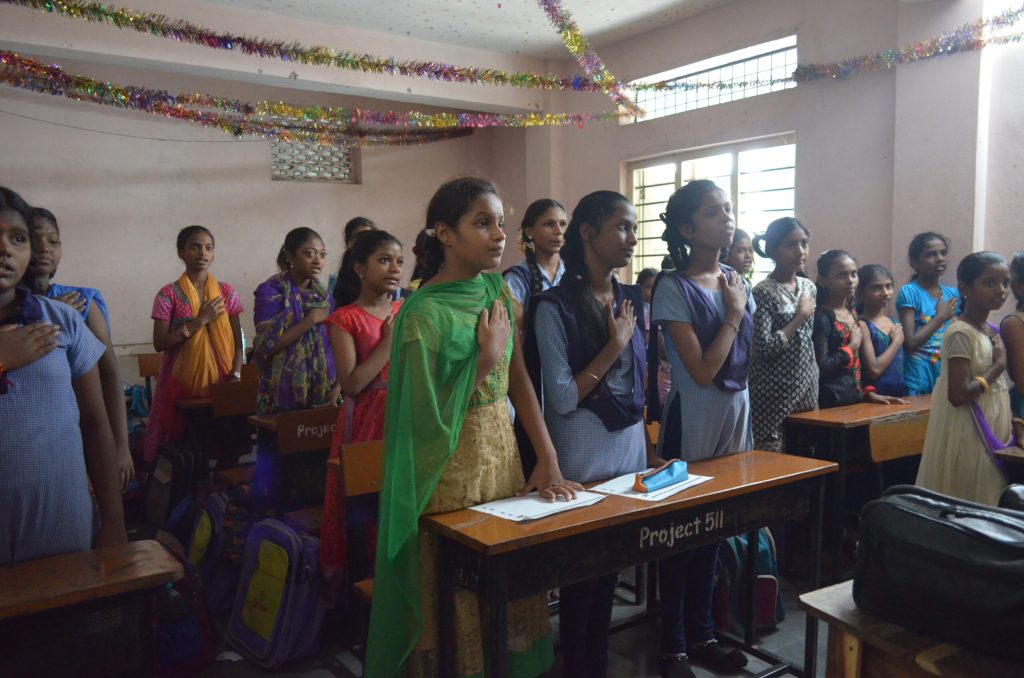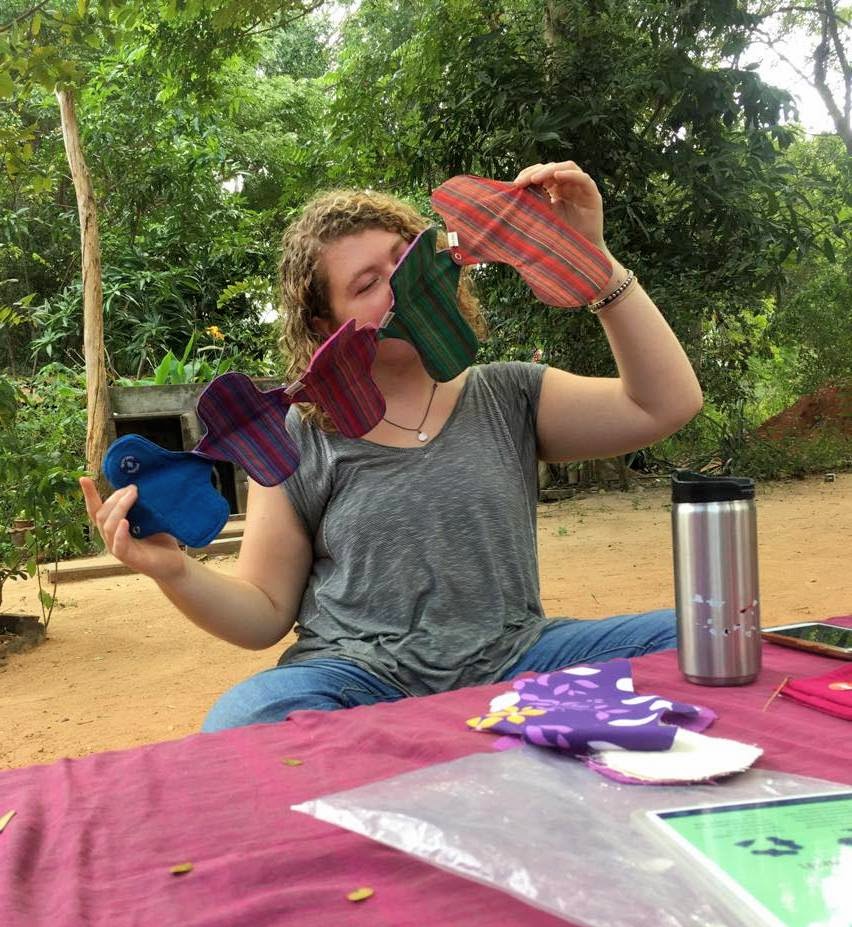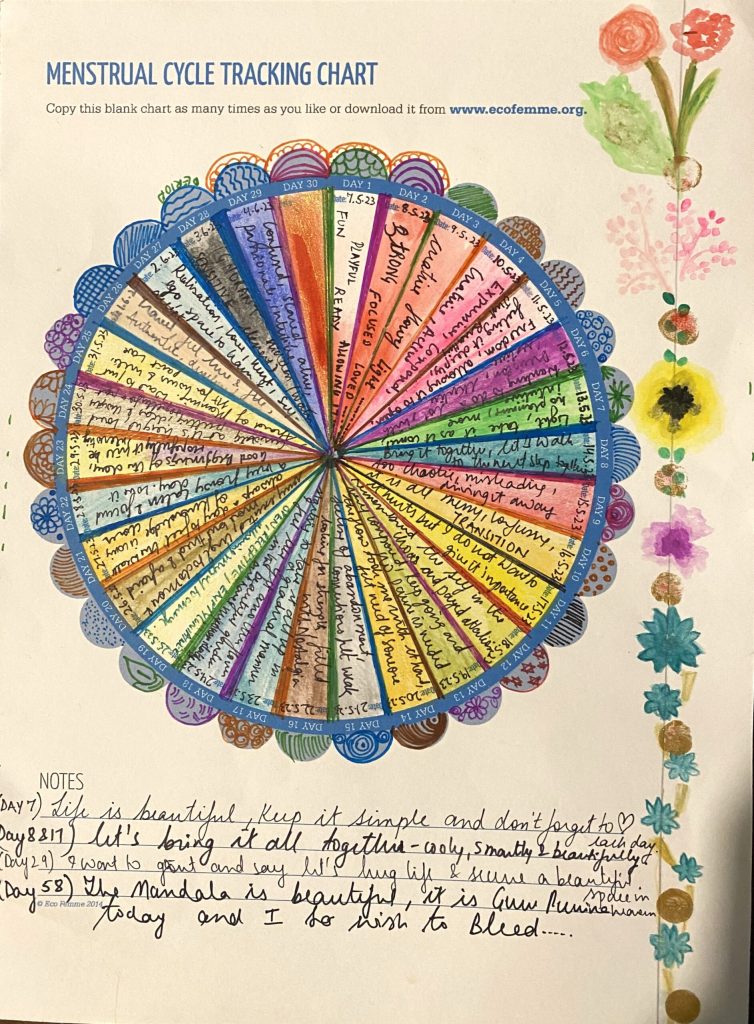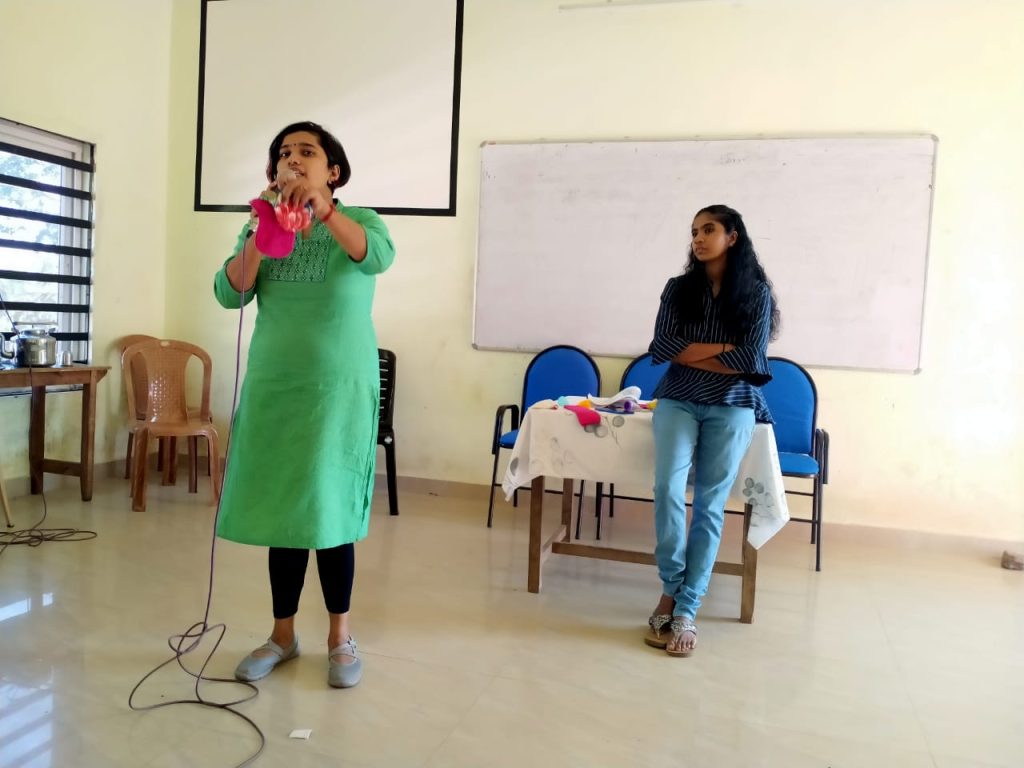Our dear friend, Ilana attended the Menstrual Cycle Research 2015 Conference on 4th – 6th June – here, she writes about her time there and mentions some of the highlights from the conference. Our thanks Ilana!

In early June Eco Femme participated in the Society for Menstrual Cycle Research’s Biennial conference; I was very happy to attend the Boston conference along with Heather, Eco Femme education team leader, and Kimberly, Eco Femme retailer in the USA through Natural Flow. This year’s theme was Menstrual Health and Reproductive Justice: Human Rights Across the Lifespan, and it drew a wonderfully diverse and interdisciplinary crowd. Present at the conference were menstrual education activists, academics and professors, multi-media artists, NGO leaders working on Menstrual Hygiene Management, WASH (water, sanitation, hygiene) professionals from around the globe, doctors and health care workers, poets, cyclists, comedians, human rights lawyers and rights of passage conductors, feminists, and supporters of all sorts.

The diversity of conference participants represents the diversity and far reaching power of the topic(s) of ‘menstruation’ or the ‘menstrual cycle.’ In fact, the conference was a convergence of many different fields, sectors, approaches, and perspectives on the monthly, mysterious life-giving blood we call menstruation and the larger hormonal cycle of which it is a phase. I found myself thinking that all these players come together to form a menstrual eco-system—a virtual community of people, ideas, theories, and work interacting in a system with distinct yet intertwining and inter-related goals.
The conference featured an impressive line up of 2 key-note speakers, 3 videos, an art instillation, 5 workshops, and 60 (!) presentations. Here I would like to share a small sampling of some of the diverse points that were made throughout the conference. (To read summaries of all the presentations and components of the conference, check out The Society For Menstrual Cycle Research Blog Archive, where each one is summarized: http://menstruationresearch.org/blog/).
- Teachers, thinkers, and student activists encouraged us to ‘queer menstruation’, that is disrupt the dominant binaries that govern engagement with and conversation on menstruation: good, bad; pure, impure; man, woman; pain, pleasure. The intention is to create a space that allows for a wide range of experiences rather than a dictated one from which people may deviate.
- When it comes to our experiences of menstruation, community and connections are powerful (perhaps even essential)! Though religion and religious practices are stereotypically pointed to as sources of negativity and even harm, a number of presenters spoke about positive associations women had with them: Yael Magen spoke about the community Jewish women in Israel experience when they attend a ritual purifying bath, Mikva, after menstruation; for many it connects them to a chain of history and meaning. Eco Femme’s own research reveals the connecting power of traditions: girls want to follow what their mother’s follow and honor the traditions of their ancestors. In her keynote address, Tomi-Ann Roberts, confirmed this need, which is unfulfilled for many women and girls, in a different way by sharing a research project to create a smart phone app to connect menstruating women because she has observed a need to “feel for a moment that you belong to something bigger than yourself.” It seems clear that for a lot of women and girls this need is fulfilled through their religious and cultural practices!
- Language is not neutral! Sinu, our friend form the Bangalore based organization Mythri Speaks, reminded us that the language, associations, and images we use to talk about menstruation impact our relation to it. For example, she wonders, what the implications are of comparisons and associations between urine, feces, and menstrual blood—as ‘just’ bodily fluids/waste? Does this contribute to the image of ‘impurity’ in mainstream conversation and perception? Sinu also suggested that we need to be careful with our language when talking about myths, taboos, and traditional practices related to menstruation; they are not interchangeable words and conflating them often results in negativity and shame among those who observe them. [It is useful to remember the following clarifications: ‘myth’ (a widely held, usually explanatory, but not necessarily true, belief), ‘taboo’ (something sacred and thus considered prohibited, restricted by social and religious custom), and ‘traditional practices’ (ancestrally inherited customs that make up people’s daily lives).
- If it’s funny, laugh! A highlight of the conference was a comedy skit by Natalie Norman and Jess Beaulieu, otherwise known as The Crimson Wave; they host a weekly podcast on periods and vaginas, and their evening of stand up comedy and interviews with conference co-chair Chris Bobel and conference coordinator Jax Gonzalez represented yet another facet of the ecosystem. You can listen to a recording of that evening here (episode 65).
- If we are getting Menstrual Hygiene Management wrong, we must be getting a lot wrong; Megan White Mukuria, founder of ZanaAfrica, shared her reflections on running a menstrual pad company and education program in Kenya, concluding that because menstruation engages so many areas of life and society, our approach to it and its status might even serve as an indication for how we as humanity are doing overall. Poet and activist Sharon Powell and keynote speaker Dr. Loretta Ross, founder of the reproductive justice movement, revealed that reproductive justice can be a form of resistance to racial, economic, political, gender, and social inequality. Powell’s call for ‘Justice, not just us’ and Ross’s assertion that reproductive rights are the entry point for realising all other human rights drove home the fact that when engaging in any work around menstruation and the menstrual cycle, there are always more strings attached.
As I listened to each of these speakers and reflected on the workshops I attended, I felt that Eco Femme’s perspective of seeing menstruation and the revitalisation of sustainable, healthy menstrual products as a vehicle for social and environmental change encapsulated the core spirit of the conference. Achievements in each of the represented sectors and fields are significant first and foremost for menstruating individuals, but also carry with them implications and positive changes for societies over all.
This is the power of menstruation! The mysterious source of life, running through time and culture.







